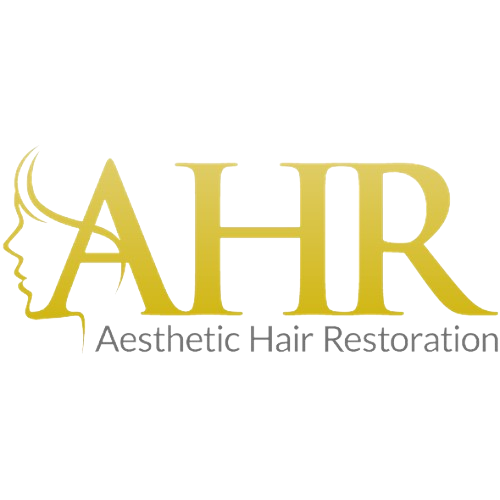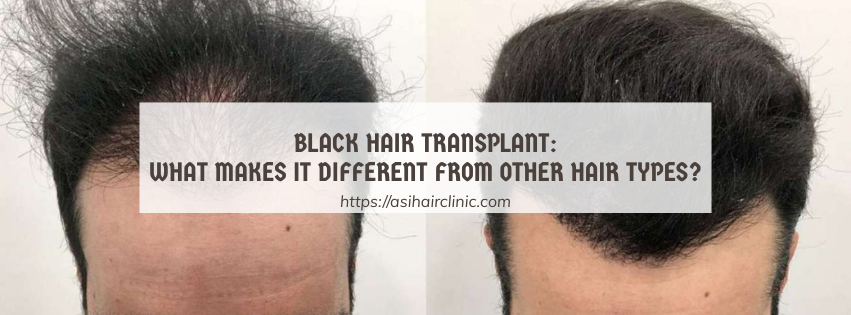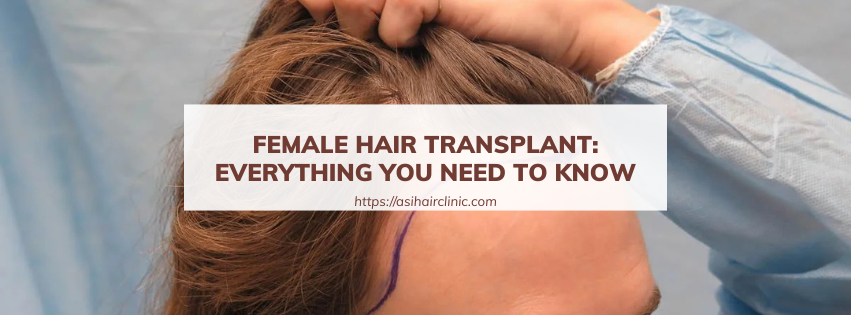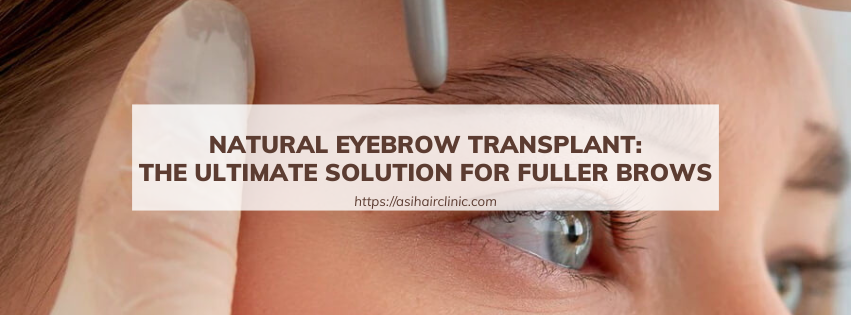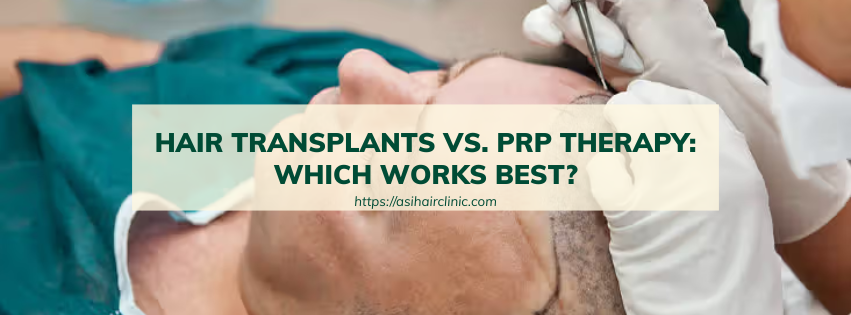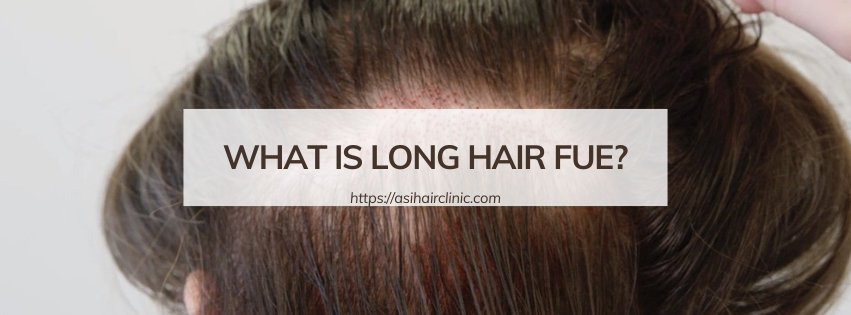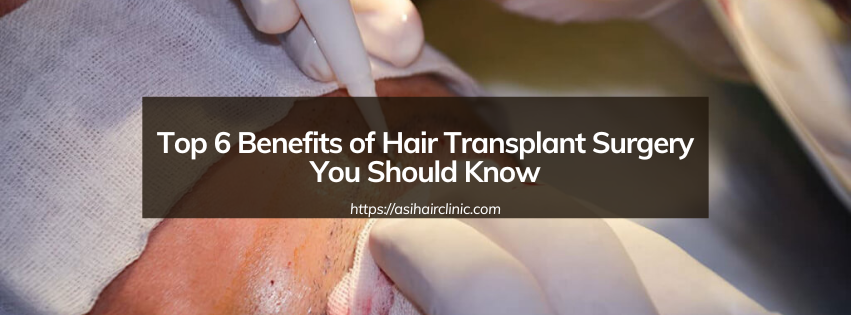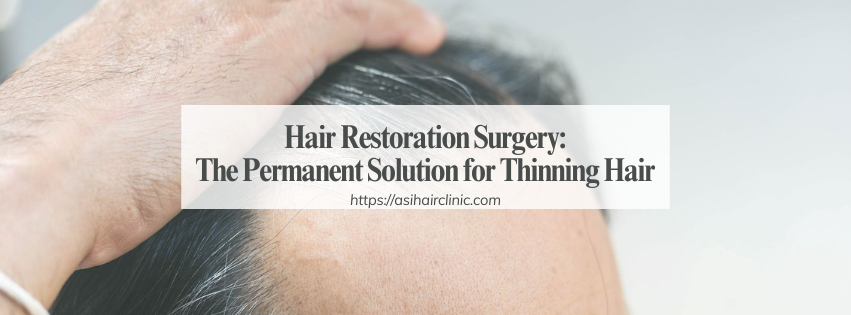Coffee After Hair Transplant: When and Why to Wait
Coffee After Hair Transplant is a topic of interest for many individuals considering or having undergone hair restoration procedures. Hair transplants are delicate surgical procedures that necessitate careful post-operative care, including dietary considerations such as coffee consumption. Understanding the implications of drinking coffee after a hair transplant can help in making informed decisions to ensure optimal recovery.
1. Why Isn’t Coffee Ideal Right After a Hair Transplant?
After undergoing a hair transplant, patients often question their daily habits, including diet and beverage choices. One common query revolves around coffee consumption. While many people enjoy their morning brew, coffee might not be the best choice immediately following surgery. Let's explore the reasons behind this recommendation.
1.1. Caffeine Effects on Blood Circulation
Caffeine, a primary component of coffee, stimulates the central nervous system and increases heart rate. This heightened state can lead to increased blood circulation.
In the context of a hair transplant, excessive blood flow may cause irritation and swelling in the scalp area. This could compromise the healing process, which requires stability in both blood flow and pressure. Thus, avoiding coffee can contribute to a smoother recovery phase.
1.2. Dehydration Concerns
Another critical aspect to consider is that coffee is a diuretic. It promotes urine production, leading to potential dehydration. After a hair transplant, hydration plays a crucial role in ensuring your body heals effectively.
Dehydration can also exacerbate issues like headaches and fatigue, which are not ideal when recovering from a procedure. Maintaining adequate hydration levels is essential, and substituting coffee with hydrating beverages can significantly enhance recovery.
1.3. Increased Anxiety and Stress Levels
Patients may experience anxiety or stress while navigating the post-operative phase of a hair transplant. Caffeine can amplify these feelings, resulting in restlessness or nervousness.
When you're already feeling overwhelmed by the changes and uncertainties surrounding your new hair, introducing coffee into your routine could worsen emotional discomfort. Therefore, it’s wise to prioritize relaxation and calmness during recovery, which includes carefully considering the consumption of caffeine.

2. How Soon Can I Start Drinking Coffee Again After My Hair Transplant?
As you progress through the recovery journey after your hair transplant, the question becomes not only when you can resume coffee consumption but also how to do so safely.
2.1. Listening to Your Body’s Signals
The timeline for resuming coffee intake varies from person to person. It’s vital to listen to your body and understand how you're feeling physically and emotionally.
If you're experiencing significant swelling, pain, or other complications, it might be prudent to delay coffee consumption further. However, once you start feeling more like yourself, you can gradually reintroduce coffee into your routine. Generally, waiting at least a week or two allows your body to stabilize before indulging in caffeinated beverages.
2.2. Consultation with Your Surgeon
Your surgeon’s recommendations should always take precedence over general advice found online. They can provide personalized guidance based on your specific circumstances.
During your follow-up appointments, don’t hesitate to ask about coffee consumption. They might suggest a gradual approach to ensure your recovery isn’t hindered, or they may give you the green light to enjoy a cup sooner than expected.
2.3. Starting Slowly
When you decide to return to coffee after your hair transplant, it’s important to take a slow and cautious approach. Start with small amounts and monitor how your body responds.
Should you notice any adverse effects, such as increased swelling or discomfort, it would be wise to scale back and consult your medical professional. Patience is key, as rushing back to old habits could undermine the hard work put into your hair restoration.
3. What Other Drinks to Avoid After a Hair Transplant?
Aside from coffee, there are additional beverages you should avoid to promote a successful recovery.
3.1. Alcohol and Its Impact on Healing
Alcohol is another drink that warrants caution post-transplant. Similar to caffeine, alcohol can affect blood circulation and may lead to increased swelling and inflammation.
Additionally, alcohol can interfere with medications prescribed for pain management or infection prevention. Consuming alcohol too soon can prolong the healing process and potentially jeopardize the results of your transplant.
3.2. Sugary and Carbonated Drinks
Sugary drinks, including sodas and some fruit juices, can lead to inflammation within the body. Inflammation can hinder the healing process and may negatively impact the appearance of your newly transplanted hair follicles.
Moreover, carbonated beverages can result in bloating and discomfort, which are undesirable sensations after surgery. Opting for fresh juices or herbal teas instead can provide hydration without compromising your recovery.

3.3. Caffeinated Teas and Energy Drinks
Like coffee, certain teas and energy drinks contain caffeine. While their effects may vary, it’s generally advisable to avoid them immediately after a hair transplant.
Caffeinated teas can still contribute to the same concerns regarding dehydration and increased heart rate. Always check labels on energy drinks, as they may have high caffeine content and added sugars that could pose risks during your recovery phase.
4. Alternatives to Coffee After a Hair Transplant
While you may miss your regular cup of coffee, several alternatives can provide enjoyment without hindering recovery.
4.1. Herbal Teas for Relaxation
Herbal teas are a fantastic alternative to coffee. Varieties such as chamomile or peppermint offer numerous health benefits, including calming properties that can help reduce stress and promote better sleep.
These soothing options are naturally caffeine-free, making them an ideal choice while you're focusing on healing. Experimenting with different flavors can add variety to your post-transplant beverage routine.
4.2. Fresh Smoothies for Nutrition
Smoothies can serve as nutrient-packed replacements for coffee. Packed with vitamins and minerals, smoothies made from fruits and vegetables can deliver the essential nutrients your body needs for healing.
You can blend spinach for iron, berries for antioxidants, and bananas for potassium, creating a delicious option that supports recovery. With creative combinations, you’ll satisfy your taste buds while prioritizing health.
4.3. Hydrating Infused Waters
Staying hydrated is crucial during recovery, and infused waters are a delightful way to enhance plain water. By adding slices of citrus fruits, cucumbers, or herbs like mint, you can create refreshing beverages that encourage hydration without relying on caffeine.
Infused waters can also aid in detoxification, further supporting your body's healing processes. Plus, they are visually appealing and easy to prepare!
Conclusion
Navigating the world of post-hair transplant care involves several lifestyle adjustments, including rethinking your beverage choices. Understanding why Coffee After Hair Transplant should be avoided initially can pave the way for a smoother recovery process.
Listening to your body, consulting with your healthcare provider, and considering healthier alternatives will ensure that you maintain optimal health while enjoying your recovery journey. As time progresses, reintroducing coffee can happen safely and mindfully, allowing you to savor your favorite beverage without compromising your hair restoration results. Prioritizing your well-being during this transformative time is the ultimate goal, setting the stage for a successful outcome and renewed confidence.
LATEST POSTS
